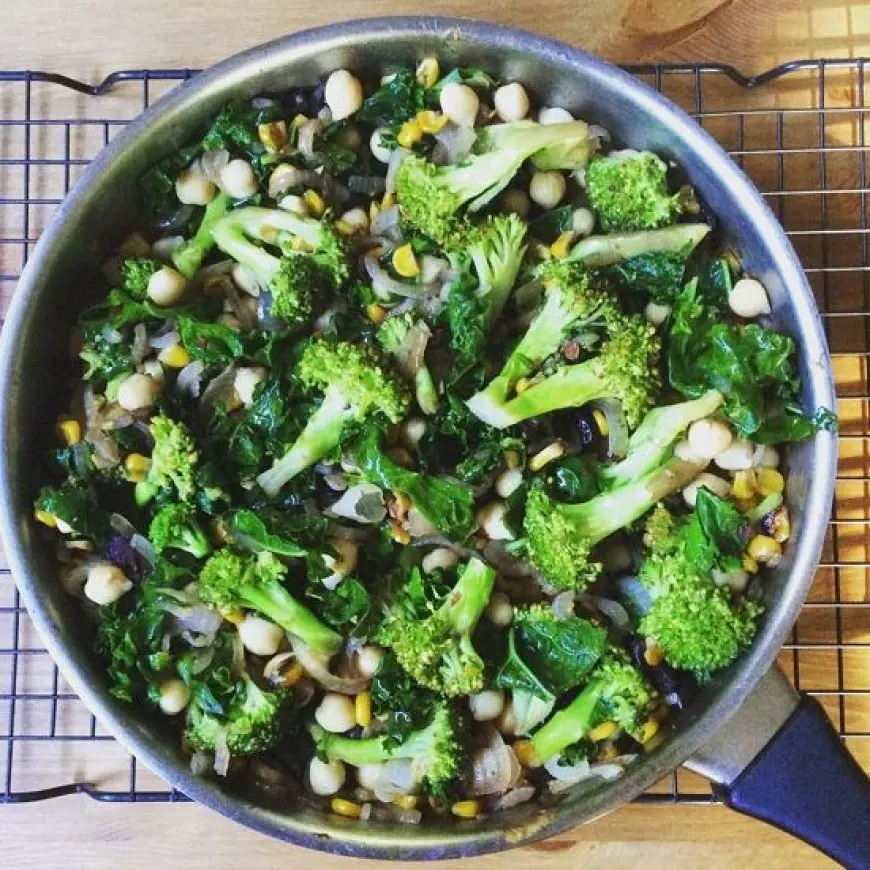How to Avoid Food Waste with Smart Meal Planning
How to Avoid Food Waste with Smart Meal Planning

Reducing food waste through smart meal planning is an environmentally friendly and cost-effective approach to cooking and eating. By planning your meals thoughtfully, you can make the most of the food you buy, reduce waste, and even save time during busy weeks. Here are some practical tips to help you avoid food waste with smart meal planning.
Start with an Inventory
Before planning meals or shopping for groceries, take stock of what you already have in your fridge, freezer, and pantry. Knowing what ingredients are available helps you incorporate them into your meals, reducing the chances of spoilage.
Plan Meals Around Fresh Ingredients
Design your weekly meal plan with highly perishable items, like fresh produce and dairy, prioritized at the beginning of the week. Use heartier ingredients, such as root vegetables and frozen or canned foods, later in the week.
Use a Shopping List
Create a detailed shopping list based on your meal plan and stick to it. Avoid buying items that aren’t included in your plan unless they’re staples or on sale for bulk preparation. A focused list helps you avoid impulse purchases and reduces food waste.
Batch Cook and Freeze
Prepare meals in bulk and freeze portions for future use. This is particularly helpful for soups, casseroles, and sauces. Freezing food preserves it longer and ensures you have ready-to-eat meals for busy days, preventing the need to throw out unused fresh ingredients.
Repurpose Leftovers
Get creative with leftovers. Cooked vegetables can be turned into soups or stir-fries, and roasted meats can be shredded for salads, tacos, or sandwiches. Stale bread works well in recipes like bread pudding, croutons, or breadcrumbs.
Practice Portion Control
Avoid cooking more food than you can reasonably eat. Use portioning guides to measure the right amount of grains, proteins, and vegetables per person. Smaller portions reduce uneaten leftovers that might end up in the trash.
Store Food Properly
Proper storage extends the life of your food. Keep fruits and vegetables in their designated drawers, and use airtight containers for leftovers. Label and date frozen foods to ensure they’re used within a reasonable time frame.
Incorporate “Use-It-Up” Days
Dedicate one day a week to using up odds and ends from your fridge or pantry. Create “clean-out-the-fridge” meals like stir-fries, pasta dishes, or grain bowls. This reduces waste and encourages creativity in the kitchen.
Compost Scraps When Possible
If food waste is unavoidable, consider composting it instead of throwing it away. Composting turns organic waste into nutrient-rich soil, which can be used for gardening or given to community gardens.
Embrace “Imperfect” Produce
Many grocery stores and farmers offer discounted “imperfect” fruits and vegetables that are perfectly edible but slightly blemished. Purchasing these items helps reduce waste at the production level and saves you money.
By integrating these strategies into your routine, you can significantly reduce food waste, save money, and contribute to a more sustainable environment.







